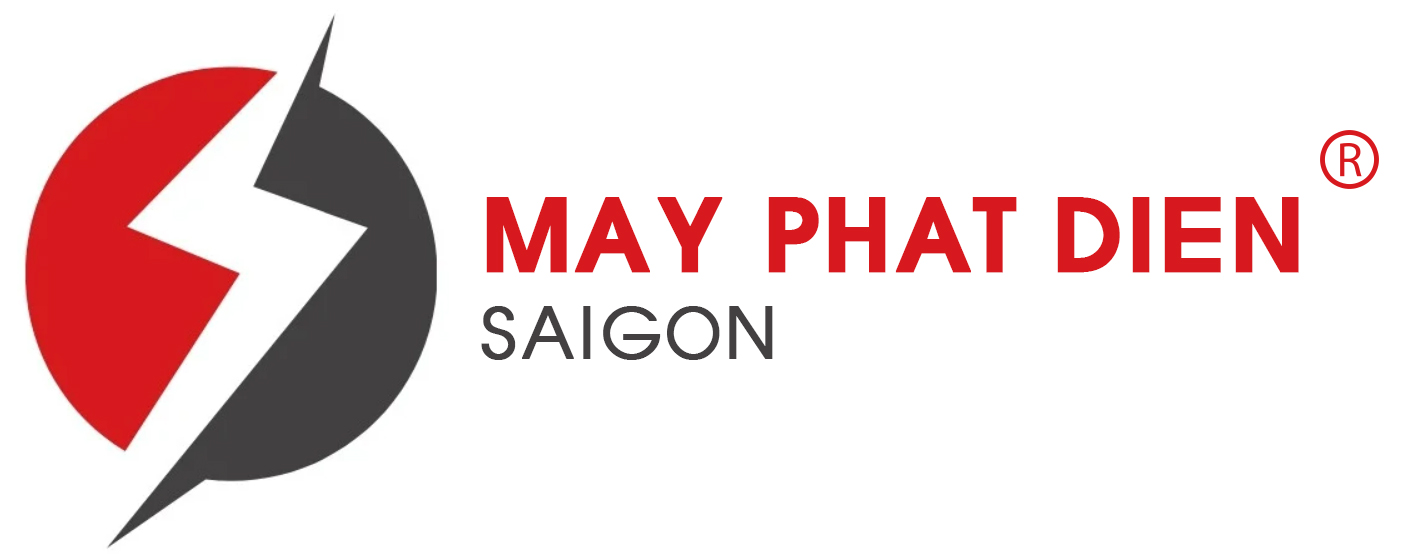In liver failure, the liver is severely damaged and can no longer function. Other organs, such as the kidneys, and body systems such as the respiratory system, may also begin to fail. Similarly, patients with cirrhosis and HCC present several important vitamin deficiencies. Vitamins and their possible mechanisms of action against the liver injury caused by al-cohol consumption.
- Only two studies (Diehl et al. 1985; Achord 1987) evaluated the role of nutritional therapy on histology of the liver in ALD.
- Cell damage from this improper oxidation also results in an inflammatory response and the generation of various signaling chemicals (i.e., cytokines), which may further contribute to tissue injury (as reviewed in Dasarathy and McCullough 2003).
- Acetaminophen toxicity is greatly increased with the concomitant ingestion of alcohol.
- Milk thistle is a popular dietary herbal supplement used by many patients with chronic liver disease.
- Because of its propensity to metabolize and activate a variety of hepatotoxic substrates in the liver, CYP2E1 is of particular interest.
- Thus, theoretically, improved nutrition could ameliorate these adverse events, enhance hepatic regeneration, and decrease the risk of infection, which is a common complication of advanced ALD and a leading cause of patient mortality.
Studies show that glycine is useful in treating both alcoholic hepatitis and carcinoma caused by alcoholic cirrhosis. Even if you are not suffering from these conditions, taking glycine may help protect your liver if you have a history of heavy drinking. As this review has shown, vitamin deficiencies are very common in chronic liver disease, especially https://ecosoberhouse.com/article/alcohol-and-dopamine-how-does-it-affect-your-brain/ in the advanced stages, and supplementation strategies can help to improve the redox and immunity state of patients. In line with these findings, it has also been demonstrated that a combined approach with both pioglitazone and vitamin E may reduce liver cirrhosis and the number of HCC cases and thus reduce the need for liver transplantation [104].
Increase antioxidants
Liver supplements can help protect the liver from oxidative stress and support its overall wellness, while also improving general health. Here’s 12 supplements that you should know about when it comes to supporting your liver. Females have an increased risk of liver disease for a given amount and duration of alcohol use, and liver disease in women tends to progress more rapidly than in men. Interestingly, patients who were randomized to receive evening snacks also had improved health related quality of life scores when compared to patients who were given day-time snacks and experienced these changes earlier on in treatment course.
- Milk thistle is a popular supplement that has been used by traditional herbal medicine practitioners to provide liver support for hundreds of years.
- Activated KCs play a role in IR, in the development of fibrosis, in the amplification of inflammation and as a consequence of liver damage (Figure 1).
- Through alcohol intoxication, the CYP2E1-dependent system and the microsomal respiratory chain are the principal sources of reactive oxygen species (ROS) within the hepatocytes.
- Be sure to talk to your healthcare provider to understand if supplementation may be appropriate for you.
Naltrexone can help retrain your brain to be less interested in alcohol over time, while acamprosate, baclofen, gabapentin, and topiramate can all help reduce cravings for alcohol. Learn more about medications for alcohol cravings, and other ways to round out your support system in recovery. Cannabidiol, or CBD, is a compound best vitamins for recovering alcoholics that naturally occurs in the cannabis plant. More research is needed, but early studies suggest that CBD may help with pain management, anxiety, alcohol cravings, and even liver and brain damage linked to excessive drinking. Despite its presence in marijuana, CBD itself does not cause an individual to feel high.
How is alcohol-associated liver disease diagnosed?
Vitamin C is an antioxidant that can protect against potential oxidative damage from free radicals, toxic chemicals, and pollutants. It also helps provide support with wound healing, immune function, seasonal sinus and lung issues, and fat metabolism in the liver. Good food sources of vitamin C include all citrus fruits, strawberries, cantaloupe, tomatoes, Brussels sprouts, broccoli, peppers, cabbage, and white potatoes.

Some studies have also described a role for vitamin K combined with Sorafenib in inducing growth inhibition and apoptosis in HCC cells (compared to patients treated with Sorafenib alone) by extending both progression-free survival and overall survival [176]. A similar result was found in a study of 120 patients re-evaluated by ultrasound following calcitriol supplementation compared to placebo [143]. Only one RCT tested the safety and efficacy (assessed with the NAFLD Activity Score) of oral supplementation at 800 UI per day of cholecalciferol in combination with docosahexaenoic (DHA) in children with NASH (diagnosed by biopsy) [144]. However, these findings could be attributed more to the DHA treatment than to vitamin D [120]. One of the primary functions of the liver is to metabolize toxins, hormones, and other compounds that the body wants to eliminate. This process can create oxidative stress, so it is important to eat an antioxidant-rich diet to support antioxidant capacity in the liver.
2. Vitamins and Trace Elements Recommended for ALD
Silymaryin appears to have antioxidant and toxin-reducing properties in the liver and has been shown to reduce liver fibrosis and enhance liver regeneration in animal studies (Lieber et al. 2003a). However, a systematic review and meta-analysis of studies involving milk thistle in patients with chronic liver disease, the majority of whom suffered from alcoholic cirrhosis, failed to detect a benefit in liver histology or mortality. The review did note that the use of milk thistle was safe and well tolerated (Jacobs et al. 2002). Another review on the use of milk thistle in ALD treatment concluded that studies on the use of milk thistle were too limited by poor quality and lack of standardization of the milk thistle preparation to recommend its use (Ball and Kowdley 2005). As increased free radical formation appears to play a role in the development of ALD, there has been interest in the efficacy of antioxidants in the treatment of ALD.
The main factors, in addition to the well-known IR [66] and oxidative stress, include adipokines, intestinal dysbiosis, increased gut permeability and exposure to environmental agents [75,76] which interact with each other in genetically predisposed individuals. Some patients remain asymptomatic despite significant liver damage, while others present with a severe, acute illness. A syndrome similar to viral hepatitis may occur, including fever, headache, jaundice, and right-upper-quadrant pain. Hepatic encephalopathy and coagulopathies may develop in severe instances.
Best Supplements for Alcohol Recovery
If you can find a pure or reliable source of CBD, it might be worth trying as a supplement for alcohol withdrawal. If you’re in recovery from alcohol use disorder, adding this supplement into your diet can help with anxiety, depression, chronic pain, and many other issues that might trigger alcohol cravings. DL-phenylalanine can also be a useful supplement for alcohol withdrawal.
Vitamins for Alcoholics: Liver Recovery and Withdrawal – Healthline
Vitamins for Alcoholics: Liver Recovery and Withdrawal.
Posted: Wed, 11 Oct 2023 07:00:00 GMT [source]

